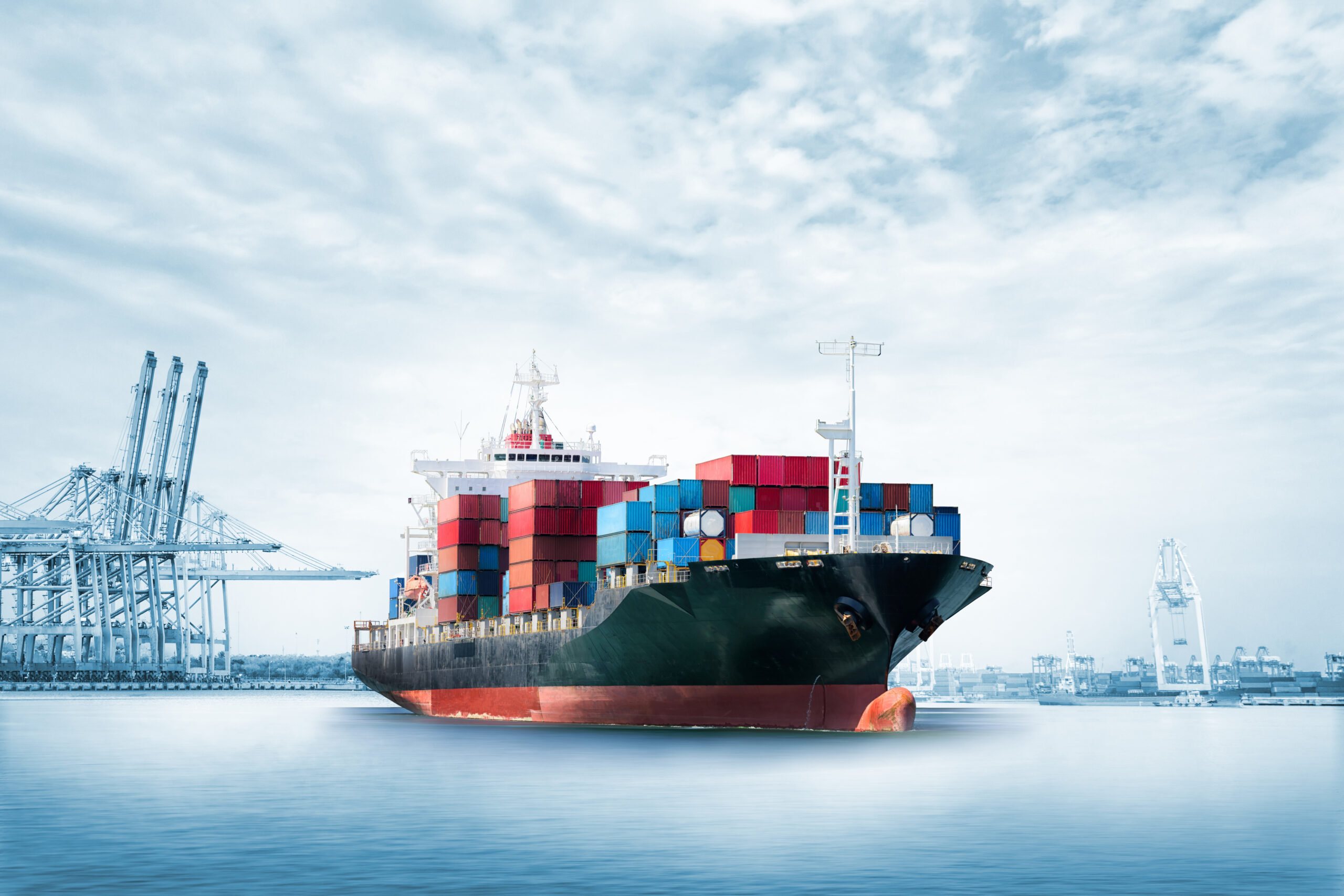
The container transportation industry has long been moving over capacity, and analysts have warned that supply will continue to surpass the demand by at least 2028.
Also Read: Unexpected Initial Peak in US Container Import Volume
According to the latest Braemar ConsignmentIncreasing new ship orders and a sharp drop in scratch activity expands demand supply gaps. The company reports that 2.3 million TEUs with new capacity was ordered in the first half of 2025, which is slightly reduced from the record of 3.8 million TEUs ordered in the second half of 2024.
The increasing trend in regional ship investment and Panamax is also changing the order of the order. While large ship orders – it 14,000 TEU and above – smaller ship orders have chosen strongly. In the first half of the year 2025 alone, 74 regional feeders and regional ships (up to 4,000 TEUs) were ordered, which corresponded to almost the year 2024.
Despite the aging fleet – 32 % smaller ships are over 20 years old, but it is expected to increase by 2030 by 2030 – Settlement activities stopped. According to Alfaliner, only 10 ships were 5454 TEUs in H1 2025, which fell sharply from 48,600 TEUs in the same period last year.
Analysts slow down scratches to strong transport markets and charter, reinforced by Cape of Good Hope and the volume of global freight. The owners of the ship are also cautious about pouring tonnage and have faced numerous disorders in recent years – from epidemic to the Red Sea attacks – which shows the value of preserving additional capacity.
Braemar estimates current ship orders in total 9.6 million TEUs, about 30.5 % of the active fleet from July 1. With 3.3 million TEUs for delivery in 2028 alone and the average forecast of annual fleet growth 7.3 % will be over -lasting. Braemar analyst, Jonathan Roach, obtained an average capacity to reach 27 % by 2028, with 18 % this year’s forecast and 19 % in 2026.
Looking at the future, Braemar expects the income of container carriers to fall in 2028, just as a wave of new ships to water and the potential Red Sea transfer. Rutch warned that continuous uncertainty would be a key variable: “Unexpected developments will affect the global economy and have an impact on beating Bush’s wealth.”